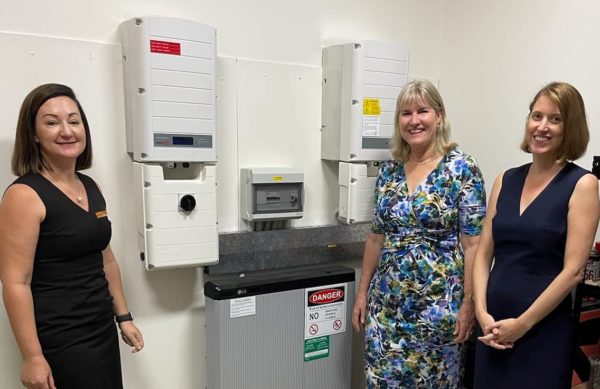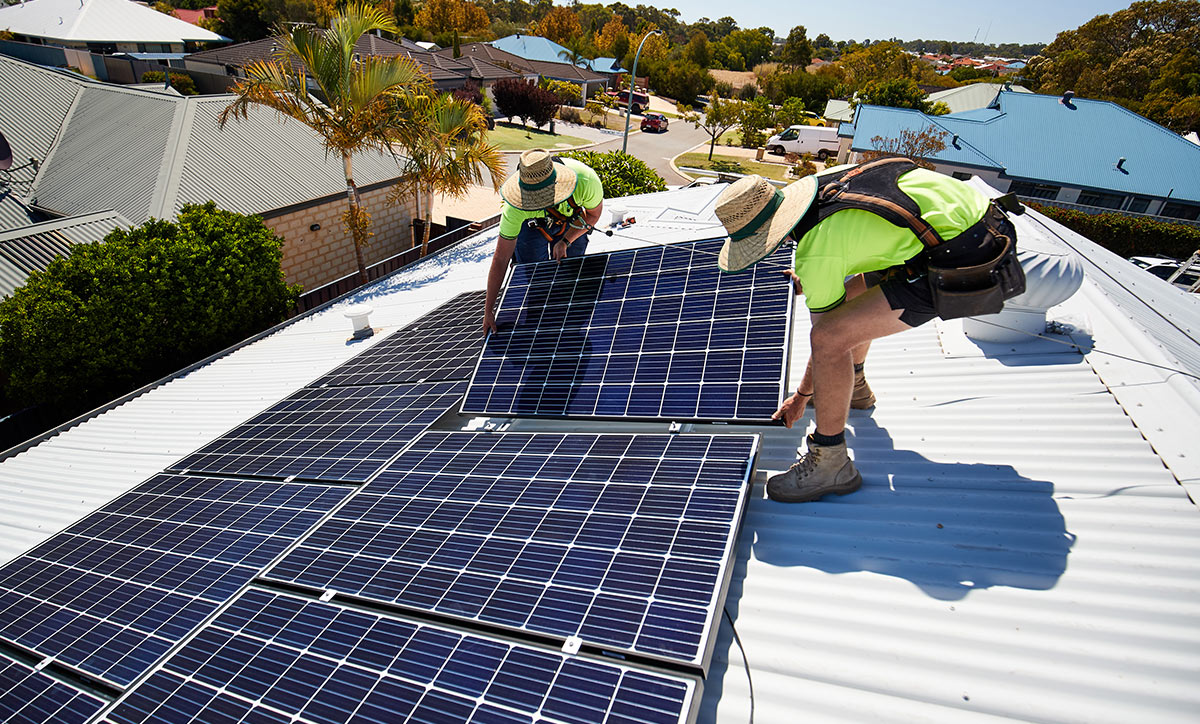The Northern Territory (NT) government has announced a new renewable energy scheme which will see rooftop solar PV customers transitioned off the existing premium feed-In tariff (FiT) in favour of a standard rate, a move which is expected to cost an estimated 13,000 customers up to $12 million collectively.
In the countdown to next week’s Budget announcement the NT government on Friday outlined planned changes to government-owned electricity retailer Jacana Energy’s existing premium FiT system.
From 1 July 2022, customers on the electricity retailer’s premium FiT (26.65 cents per kilowatt-hour) will transfer to the standard rate of 9.13 cents per kilowatt-hour after four years – the average time the government estimates it takes to recoup the initial investment costs of a rooftop solar system.
In a statement, the government said the premium FiT, which closed to new entrants in April 2020, was “originally designed to incentivise Territorians to install solar at a time when the industry was in the early stages of development and installation costs were high”.
“Since that time, costs to install solar have drastically declined,” it said.
Renewables and Energy Minister Eva Lawler said the new measures will save the government $12 million annually, which she said will be reinvested into other clean energy initiatives, including community batteries and virtual power plants (VPPs).
“It’s about making sure that we have fairness and equity across all of our solar customers,” she said. “We want clean and affordable power for all Territorians. Budget 2022 sees the Territory focus on renewables – supporting our grid and reaching our 50% target by 2030.”
Lawler said the changes to FiT will be done progressively to ensure customers on the premium rate have realised significant savings during the time they have had solar installed.

Image: Facebook
Meanwhile, the NT government has confirmed that its Home and Business Battery Scheme will continue with a further $2.4 million allocated in the Budget to extend the scheme in 2022-23.
This is expected to enable more than 400 additional Territory households and businesses to access the program which provides Territory homeowners and businesses with assistance to purchase a battery to suit their needs with a grant of $450 per kilowatt hour of battery system capacity, up to a maximum grant of $6,000.
Lawler said more than 1,330 Territory households and businesses have already submitted applications, with more than 1,000 applications worth $6 million approved.
“We want Territorians to have access to the latest and best technology as we build a stronger and more resilient power system for Territory households and businesses,” Lawler said.
“Extending the Home and Business Battery scheme is one way this government is creating stability in our grid and creating more jobs for Territorians.
This content is protected by copyright and may not be reused. If you want to cooperate with us and would like to reuse some of our content, please contact: editors@pv-magazine.com.









By submitting this form you agree to pv magazine using your data for the purposes of publishing your comment.
Your personal data will only be disclosed or otherwise transmitted to third parties for the purposes of spam filtering or if this is necessary for technical maintenance of the website. Any other transfer to third parties will not take place unless this is justified on the basis of applicable data protection regulations or if pv magazine is legally obliged to do so.
You may revoke this consent at any time with effect for the future, in which case your personal data will be deleted immediately. Otherwise, your data will be deleted if pv magazine has processed your request or the purpose of data storage is fulfilled.
Further information on data privacy can be found in our Data Protection Policy.